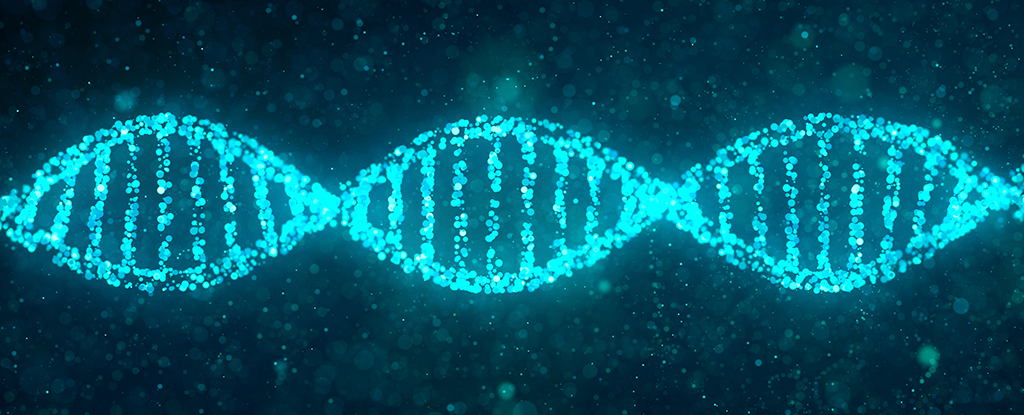Scientists have discovered hundreds of genes that could potentially promote cancer, new research shows.
Cancer is typically triggered by some kind of change to our genetic coding that interferes with a cell’s ability to manage its growth. Targeting these disruptions with tailored treatments can often prevent tumors from expanding out of control.
To date, more than 600 genes are known to cause tumors when their sequences are spoiled by a mutation. Yet there are other ways cancers can emerge on the pathway between a gene’s transcription and its end product.
Where most previous research in the field has looked at abnormalities inherent in the DNA itself, this study looks at abnormalities that occur as the instructions from DNA are passed on to the rest of the body.
Researchers from the Barcelona Institute of Science and Technology (BIST) in Spain used carefully constructed algorithms to look for bugs in the genetic code related to exons: the parts of a genetic sequence that translate directly into proteins.
Non-coding parts of a gene, called introns, are typically removed as a gene’s DNA is transcribed into an RNA version in a process called splicing. Cancer cells can interfere with splicing to create mutated proteins from an otherwise normal, unmutated protein gene.
The team used carefully constructed algorithms to identify 813 genes that when spliced, could promote cancer growth.
The extensive new category expands our list of cancer-encouraging genes, building on the existing list of 626 genes known to cause tumors when mutated. In fact, only around a tenth of the ‘splice’ class were already included in the most widely-used cancer mutation database, which logs genes that can drive cancer growth through mutations.
“When taking non-mutational mechanisms like splicing into account, we think there could be double as many potential gene targets to control cancer,” says BIST biologist Miquel Anglada-Girotto.
“These are not classic oncogenes but rather represent an entire new class of potential cancer drivers which can be targeted in isolation or in synergy with existing strategies.”
The researcher’s algorithm, called Spotter, was able to dig through a huge amount of genetic data to identify splicing events that may give cancer a better chance to grow. In small-scale lab tests on tissue samples, targeting these exons did indeed limit the growth of cancer in the samples.
“Not only can Spotter identify potential cancer-driver exons, which we can then trace back to genes, but it can also rank which exons are more important than others in any given cancer sample,” says Anglada-Girotto.
The usefulness of identifying these exons didn’t stop there either: further analysis, combining the data from this study with databases of drug treatment results, showed that variations in splicing can help predict variations in how different patients might react differently to the same drug.
While there’s a lot more work ahead before we’ll be able to regularly highlight and target exons inside genes, this research shows there’s a good chance it can be done. And the more cancer-fighting weapons we have at our disposal, the better.
“It’s an incredibly exciting new frontier to explore,” says Anglada-Girotto.
The research has been published in Nature Communications.





